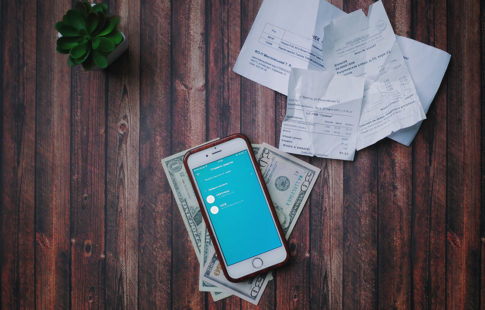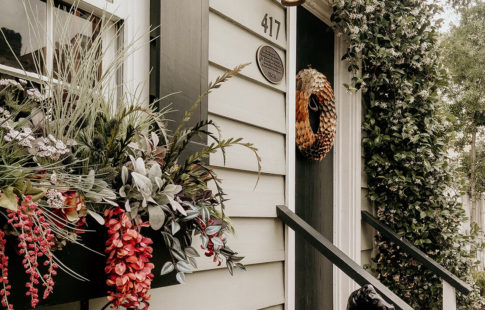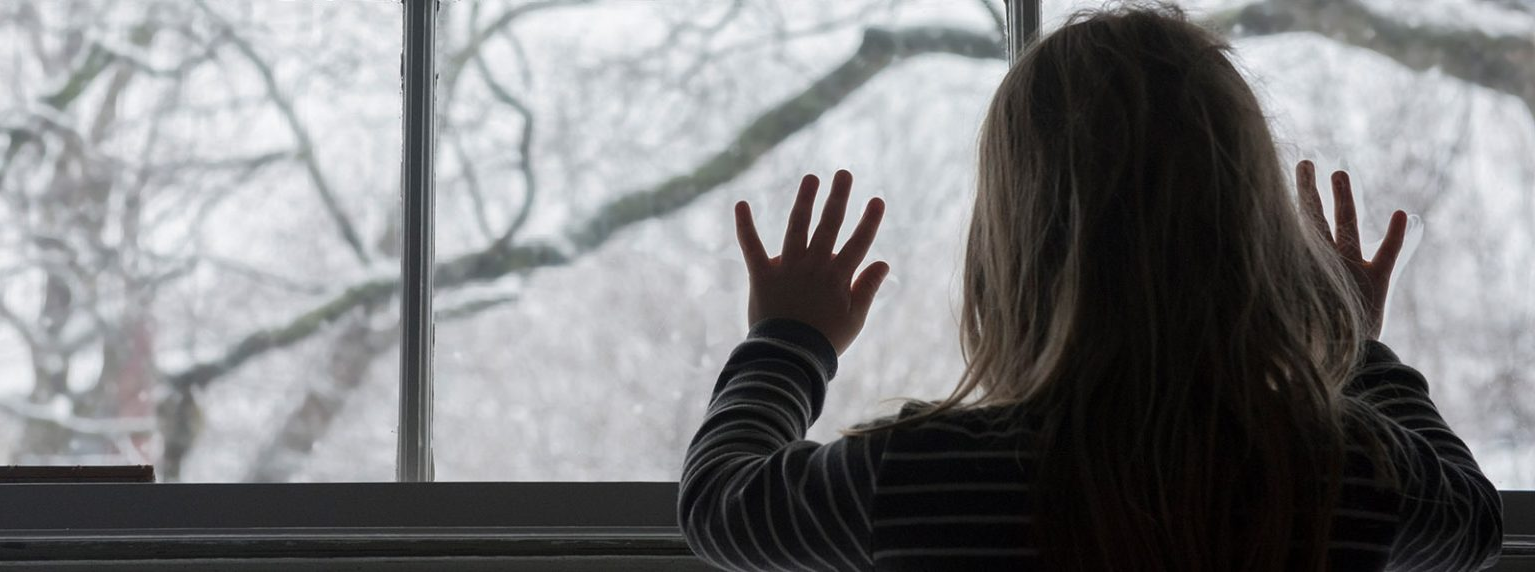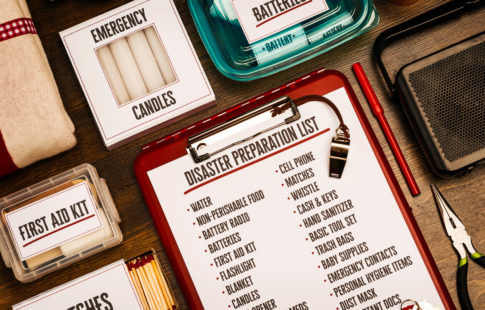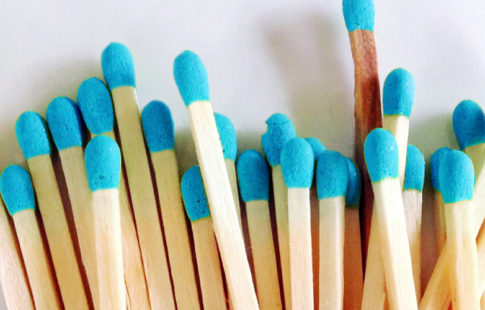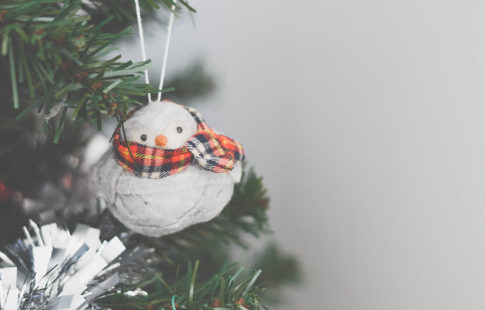Estimated reading time: 4 minutes
When a winter weather warning is in effect, it’s a great idea to have a plan in place—especially before the harsh conditions begin and potentially keep you and your family trapped indoors for hours, or days, on end. Having certain things on hand during the winter months could save a lot of time and grief in the long run. Here are 7 essential winter safety tips and supplies to make sure you’re not caught off guard when winter weather strikes.
1. A first-aid kit
If you can’t make it to the hospital due to weather conditions and there’s a medical emergency in your home, you want to have medical items close by. Having a first-aid kit on hand is smart when it comes to storm preparedness—and not just during winter months. Some of the essential items the Red Cross recommends having in a kit include: antiseptic wipes, gauze pads, scissors, adhesive cloth tape, adhesive bandages, tweezers, aspirin packets, and nonlatex gloves.
2. A flashlight and batteries
It’s smart to have a flashlight or two in the house in case the electricity goes off. You also should have candles and matches around as backup—the more lighting options, the better. You won’t really know how much you need light until you’re without it. Be sure to have extra batteries for your flashlight and other battery-operated devices you might need throughout a storm, like a wireless radio to stay informed about current conditions.
3. Warm clothes and blankets
If the electricity and heat in your home are affected by winter weather, you’ll want to have plenty of layers to keep you and your family warm. Jackets, sweaters, hats, gloves, and anything else that you can use to layer up are crucial to have during harsh winter conditions. A gas-powered space heater can also help warm up the rooms of your house, but be cautious: never leave a heater unattended or too close to anything flammable.
4. Medications and personal documents
Your medicine—especially if you take something on a daily basis—is a necessity. The Red Cross suggests having 7 days’ worth of medication as part of your storm preparation plan (as of Aug. 7, 2020). It’s also a good idea to stock up on any additional health-related items, like contact lenses and solution, syringes, or hearing aids with extra batteries. Along with medication, you should have your pertinent medical information, proof of address, the lease or deed for your home, passports, birth certificates, insurance policies, credit cards, and social security cards in one secure location.
5. Food and water
Ensure that you have at least a 3-day supply of clean drinking water and non-perishable food, according to the disaster preparedness site Ready.gov. Think of foods that do not require any refrigeration, like canned items or peanut butter. Sometimes your water supply can become compromised or contaminated during bad weather, so it’s best to have around one gallon of water per person in your household stored in advance. And don’t forget about the furry members of your family; make sure you have enough food and water for your pets, too.
6. A full tank of gas
Gas stations can run out of gas during emergencies, so it’s best to make sure your gas tanks are full before a storm hits. Have a bag of sand/salt handy for your driveway so that you don’t get stuck in ice or snow, and make sure that you have a shovel around during the winter months. Metal shovels can leave behind tiny bits of metal that could damage your driveway or car, so it’s best to use a plastic shovel.
7. A backup power generator
When the power goes out, generators can keep things like phone chargers, space heaters, and appliances on. To power what’s necessary for your home without spending too much money, look for portable generators as they are generally more affordable than other models. Keep in mind that generators vary based on watts, so calculate how many you’ll need to power the items you’ll need. And remember: A portable generator should sit away from your house to prevent carbon monoxide poisoning. According to the CDC, they should be “more than 20 feet away from your home, doors, and windows.”

